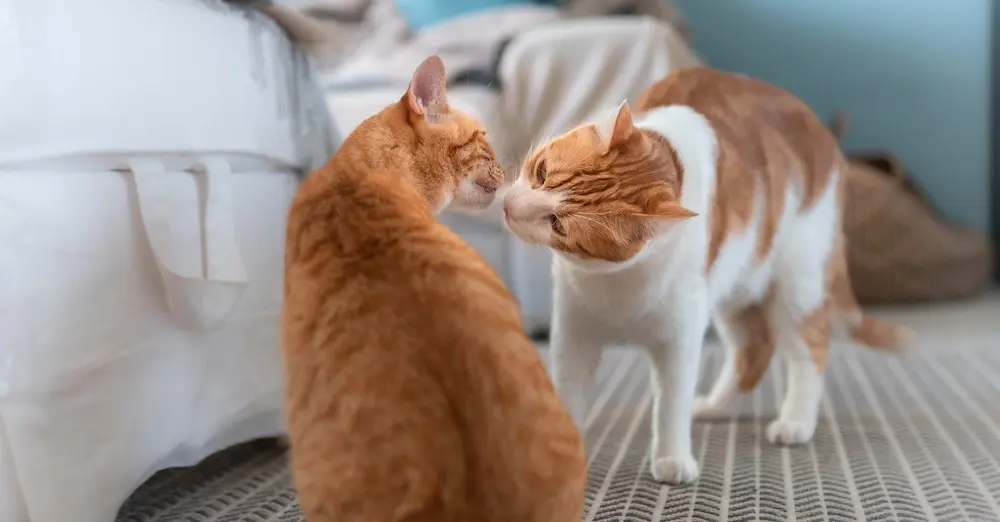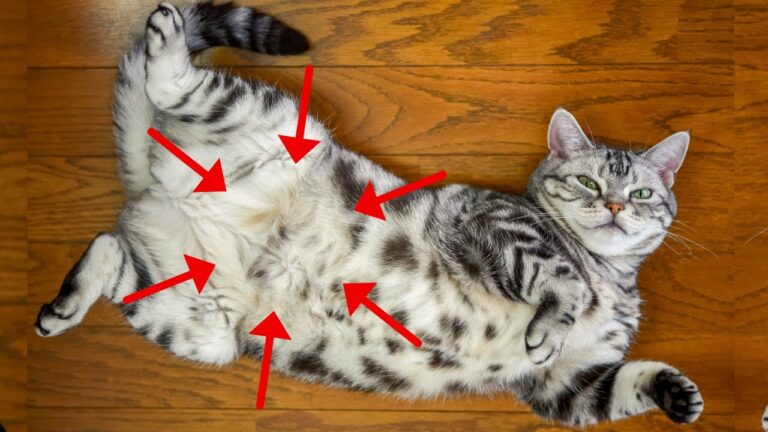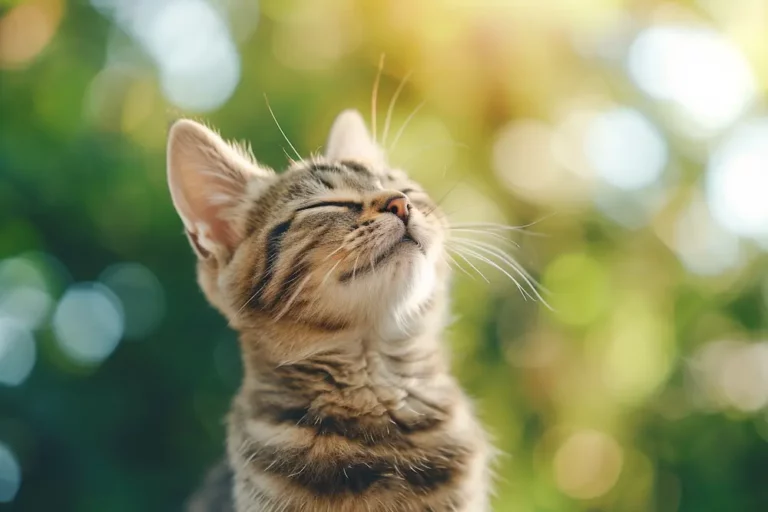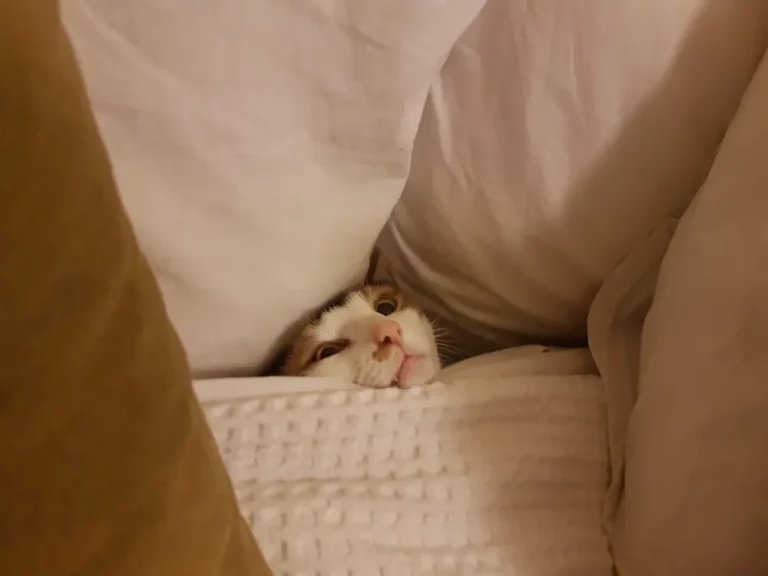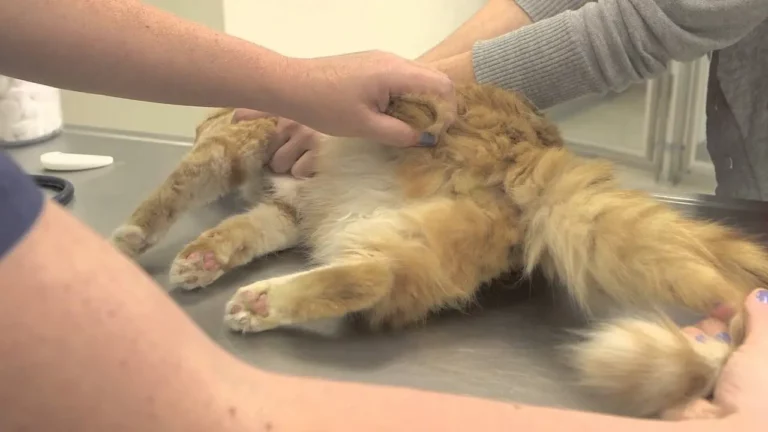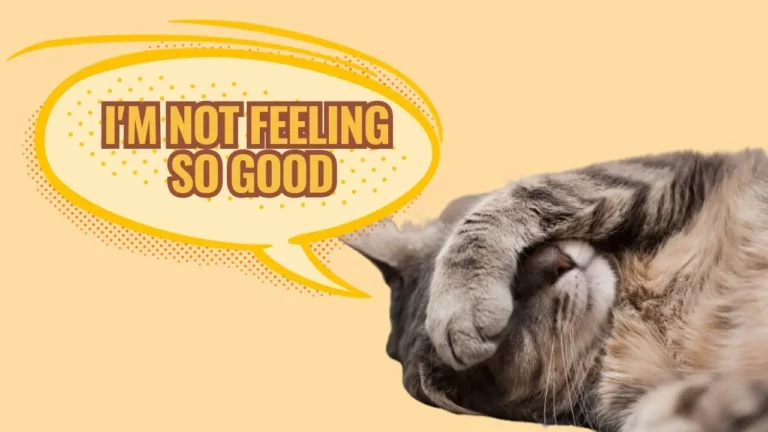Why Do Cats Lick Each Other’s Butts? The Surprising Answer
You might find it puzzling to see your cats licking each other’s butts, but this behavior is more than just significant—it serves several important purposes.
Beyond grooming, it plays a vital role in social bonding and communication within their group.
Cats use this act to strengthen their relationships, establish hierarchies, and even monitor each other’s health.
The reasons behind this behavior are both instinctual and practical, providing insights into the complex social dynamics of
Curious about what messages and information your cats are actually exchanging through this ritual? Let’s explore further.
Social Bonding
When cats lick each other’s butts, they’re often engaging in a form of social bonding that strengthens their group dynamics.
This behavior, while seemingly important to humans, plays a significant role in maintaining harmony within a
By grooming each other, cats not only keep one another clean but also reinforce their social hierarchy and build trust.
You might notice that this grooming behavior is more common among cats that live together or are part of the same family. It helps them establish and maintain close relationships, reducing stress and fostering a sense of security.
For kittens, this grooming is essential as it teaches them how to interact socially with other cats.
Additionally, the act of licking each other allows cats to share their scent, which is another way they communicate belonging and unity.
This scent exchange is essential for cats to recognize each other and feel connected.
Communication
Cats also lick each other’s butts as a form of communication, conveying messages that help them understand and navigate their social environment.
When your
This behavior allows them to detect pheromones and other scents that provide insights into the other
In a multi-cat household, this form of communication helps establish and maintain social hierarchies.
By understanding each other’s scents, cats can avoid unnecessary conflicts and recognize their place within the group.
When your
Moreover, this type of licking can signify acceptance and trust.
When one
The act can strengthen bonds and foster a sense of community among cats.
Grooming Habits
Licking each other’s butts plays a crucial role in cats’ grooming habits, guaranteeing cleanliness and overall well-being. When cats groom each other, they’re not just maintaining fur tidy—they’re also taking care of hard-to-reach areas.
This mutual grooming, known as allogrooming, helps cats uphold their hygiene by removing dirt, debris, and other unwanted particles.
It’s a social activity that strengthens the bond between them, promoting a sense of community and trust.
You might notice that cats often focus on areas that are difficult for them to reach on their own, such as the head and back.
The butt is another such area, and while it may seem unpleasant to us, it’s a practical part of their grooming routine.
By assisting each other in this way, cats make sure that every part of their body remains clean, which is essential for their comfort and health.
Additionally, this grooming behavior encourages relaxation and reduces stress. When cats engage in allogrooming, it releases endorphins, promoting a sense of calm.
So, when you see your cats engaging in this behavior, know that they’re not only staying clean but also reinforcing their social bonds and emotional well-being.
Health Monitoring
In addition to grooming, this behavior allows cats to monitor each other’s health by detecting any unusual scents or signs of illness.
When your
Cats’ anal glands can release different odors depending on their health status. By sniffing and licking, cats can sense changes that might indicate infections, digestive issues, or other health problems.
You might notice your
This can be a sign that they’ve detected something unusual. It’s a built-in health monitoring system, enabling cats to look out for one another and alert you if there’s a potential issue.
If you see this behavior, especially if it’s repetitive or focused on one spot, consider it a cue to check for any signs of illness.
Cats rely heavily on their sense of smell to interpret their environment.
This behavior is their way of ensuring the well-being of their counterparts.
So, while it might seem odd, it’s a fundamental part of how cats maintain the health of their social group.
Instinctual Behavior
You’ve probably wondered why cats engage in some seemingly bizarre behaviors, and licking each other’s butts is no exception.
This behavior is deeply rooted in their instinctual behavior, which plays an important role in their social structure and survival.
By licking each other, cats aren’t just grooming; they’re also reinforcing social bonds, showing affection, and establishing a sense of community within their group.
In the wild, cats rely heavily on their sense of smell to understand their environment and each other.
Licking another
This behavior is a form of communication that helps cats navigate their social dynamics, ensuring they know who’s in their group and who might be a stranger.
Additionally, this instinctual behavior can be traced back to their time as kittens.
Mother cats lick their kittens to clean them, stimulate bodily functions, and provide comfort.
As they grow, kittens mimic this behavior, carrying it into adulthood.
Conclusion
Understanding why cats lick each other’s butts helps you appreciate their complex social behaviors.
It’s not just about grooming; it’s about bonding, communication, and health monitoring. This instinctual behavior strengthens their group dynamics, fosters trust, and guarantees a harmonious living environment.
So, next time you see your cats engaged in this activity, you’ll know they’re building their relationship and maintaining their social structure, creating a happy and well-balanced
